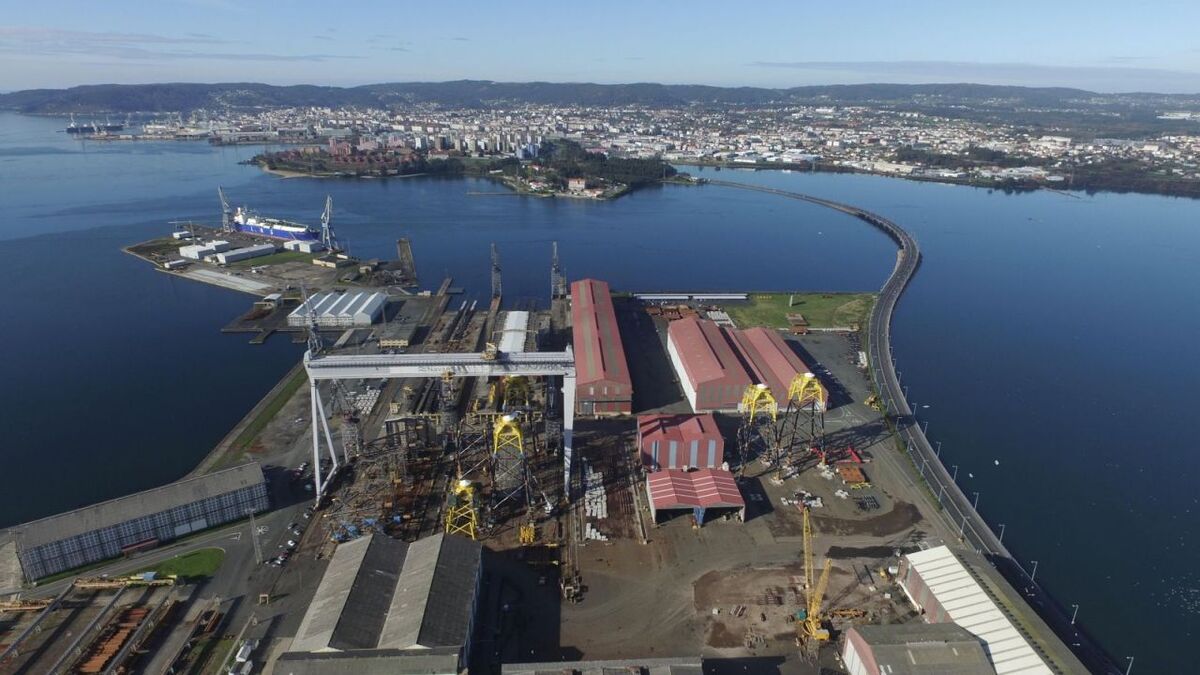Business Sectors
Events
Contents

Renewables sector welcomes net zero commitment
The renewables industry has welcomed Prime Minister Theresa May’s confirmation that the UK will eradicate its net contribution to climate change by 2050 – and highlighted the role offshore wind will play in meeting that target.
The Prime Minister confirmed on 12 June 2019 that a statutory instrument to implement a legally binding target to reach net zero greenhouse gas emissions by 2050 would be laid in Parliament.
The Prime Minister claimed that the legislation will mean that the UK is ‘on track’ to become the first G7 country to legislate for net zero emissions, with other major economies expected to follow suit.
Ørsted UK managing director Matthew Wright said, “The UK government has taken a historic step in the fight against climate change. As the first major economy to legislate for a net zero target, the UK shows a bold commitment to a cleaner and greener future.
“As the global leader in offshore wind, with 3.7 GW already in operation in the UK, we are proud to be leading the country’s green transformation. Let’s create a world that runs entirely on green energy.”
Committee on Climate Change (CCC) chairman Lord Deben, who heads the organisation that proposed the net zero target earlier this – and recommended increasing UK offshore wind capacity 10-fold to 75 GW – responded to net zero legislation, saying, “We are delighted that the government has agreed to put a 2050 net zero target for all greenhouse gases to a parliamentary vote. I look forward to the same cross-party consensus that we saw in 2008, when the Climate Change Act became law.
“Our report concluded that net zero is necessary, feasible and cost effective. This is a major commitment for the coming decades, but we have highlighted the significant benefits of action. This step will send a strong signal to other countries to follow suit – and will help to drive the global effort to tackle climate change required by the Paris Agreement.
“This is just the first step. The target must now be reinforced by credible UK policies, across government, inspiring a strong response from business, industry and society as a whole. The government has not yet moved formally to include international aviation and shipping within the target, but they have acknowledged that these sectors must be part of the whole economy strategy for net zero. We will assist by providing further analysis of how emissions reductions can be delivered in these sectors through domestic and international frameworks.
“The Committee on Climate Change will now move to the task of providing advice on the detailed path to net zero. Our statutory advice to government on the UK’s Carbon Budgets to 2037 is due next year.”
RenewableUK deputy chief executive Emma Pinchbeck said, “Climate change is an existential challenge with a ticking clock. The science shows we need to make big changes to our economy. It’s right to speed up our action to reflect the truth of the risks.
“Over the last decade, the UK has shown that political leadership on climate change is a real opportunity to have a better, not just, greener economy than one powered by fossil fuels. The government’s clear plans for renewables have turned off coal and delivered a world-class industry which is already cheaper and more efficient than old fossil fuel power stations.
“We need to make the best use of every technology in our toolbox to help fix dangerous climate change. We might be afraid of the impacts of climate change, but the UK’s world-class renewables industry, including our global lead in offshore wind, shows that we should not be afraid of investing in a green economy: the returns to the UK of this leadership on net zero will be huge.”
Responding to the net zero recommendation from the CCC, Aurora Energy Research said there are different pathways to achieving net zero emissions in the power sector, with different levels of renewables and other forms of low carbon generation like nuclear and carbon capture and storage. It said that complete decarbonisation of power will require 5-10 GW of new wind and solar capacity on average every year between now and 2050, with average annual capital costs of £4-9Bn.
However, it also cautioned that high levels of renewables capacity will lead to frequent oversupply, which could mean 10-40% of renewable generation goes unsold in 2050, and some of the rest is sold at depressed prices. “The more wind and solar on the system, the less revenue they make from the energy market per unit of electricity and the more revenue they will need from other sources to justify investment,” it said.
“Government faces a choice about how to navigate towards net zero: a market-driven approach which enables renewables investment and operational decisions through market forces; or a state-led approach characterised by more subsidies and central planning.
“Government will need to decide which pathway to pursue, since each has very different implications for energy policy in the coming decade. Investors and developers will need to understand the implications of a net zero world for their business. We expect to see more portfolio diversification, consolidation, and investment in R&D.”
Related to this Story
Events
Offshore Support Journal Conference, Americas 2025
LNG Shipping & Terminals Conference 2025
Vessel Optimisation Webinar Week
© 2024 Riviera Maritime Media Ltd.













